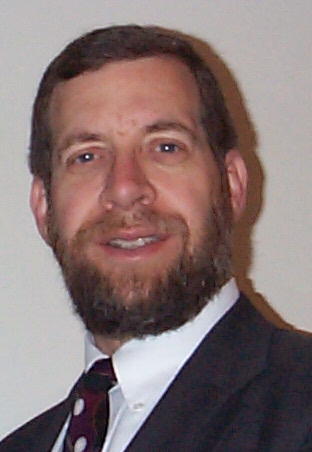
More of grandmaster Gregory Kaidanov's instruction at the U.S. Chess School:
For the initial part of the camp, all students were scheduled to play a rated game with another student. Kaidanov asked that for this game, each player have in mind one specific aspect to concentrate on, and that this be written down, but kept private. It will be shared with Greg Shahade, but not other students. This one aspect can be anything of the student's choosing, or can be one of several that Kaidanov offered:
1) Ask every move, "what is my opponent's next move?"
2) Calculate as many candidate moves as possible.
3) Calculate as deep as possible.
4) Don't fall behind my opponent on time, too much.
5) Fight hard and maintain concentration regardless of the position on the board, whether winning or lost.
6) Constantly keep track of my and my opponent's good and bad pieces; make sure that I have every piece "in the game"; be aware of which pieces to keep and which to trade.
7) Be careful about every trade and make sure that every trade is either forced or is good for me.
Elizabeth Vicary asked if more than one such goal could be written down and stressed for this game. "The answer is no," Kaidanov said, "and I'll tell you the reason. It is very difficult to really concentrate on more than one of these at a time."
The key, though, is not to pick a subject area that you are good at! "Pick something that you are not so good at," Kaidanov said.

He also mentioned the importance of maintaining a chess journal of some sort - a notebook or Word file. Not just a record of games, but a record of all chess activity, including your thoughts during games. He advises writing down the date and even the time, noting what you did. For example, you might say, "I worked on solving puzzles, and I solved this one but not that one". Or "I went over this Anand game, and I especially liked this move." Or, "I have no clue why this move was played." Or "Spent three hours on chess, but concentration was very bad."
The result, Kaidanov explained, is that "If you keep this diary, you will know how hard you study, exactly what you know. Your parents will know, your coach will know; it's a wonderful tool. Using something like ChessBase, diagrams can be put into a Word file to help you remember a specific game."
He then brought up a sometimes-difficult-to-understand concept. "Many people have this false impression that chess improvement comes after learning a lot of stuff, that improvement will come in the knowledge area. This is a misconception."
Kaidanov compares the situation to a doctor or lawyer, who must accumulate a huge knowledge base. For example, a doctor needs to know that with a given set of symptoms, the illness is such and such. And for a different set of symptoms, the illness is something else. "With chess, this is completely different," he stressed. "Knowledge doesn't hurt. But even if you memorize every opening book, you will not become much stronger. The same with endgames. I'm not sure your rating will go up big time."

"Improvement will come in different areas. The biggest improvement will come if you will study your own games and know your own weaknesses. Combine some kind of study at home, with focus on certain things during your tournament games. This will take pressure off the result." He doesn't want the player to be focusing on winning a specific game, winning a title, winning money, etc. "Most of us do not handle pressure well, when there is a lot at stake." So to take pressure off, he stresses thinking about other things, such as one of the seven focus points mentioned above. Again, this might be concentrating on asking yourself what your opponent's next move is likely to be, or one of the other points Kaidanov suggested.
"The same mistake could be made for different reasons," he said. "Unless you find out the reason why you made this mistake, you won't be able to improve on it. You're going to make the same mistakes again and again." The whole idea of getting better is to eliminate the mistakes you make.
By maintaining a well-written chess journal containing your thoughts during a game, monitoring time use (Kaidanov also advises recording the clock time for each of your moves), and focusing on just one specific area at a time, a player can not only identify his or her weak spots, but work to eliminate them.
Labels: U.S. Chess School


















 Photarium blog directory
Photarium blog directory